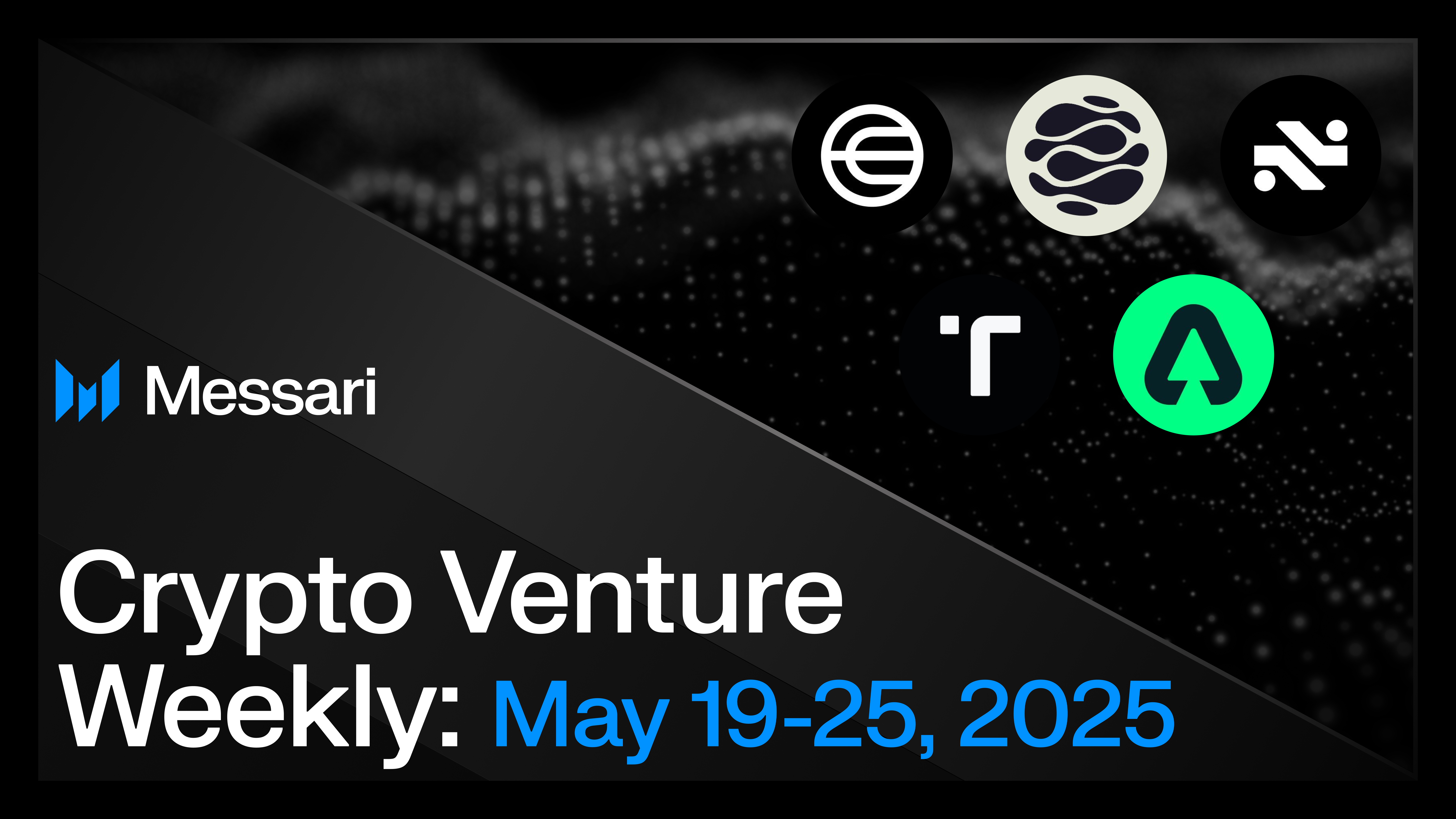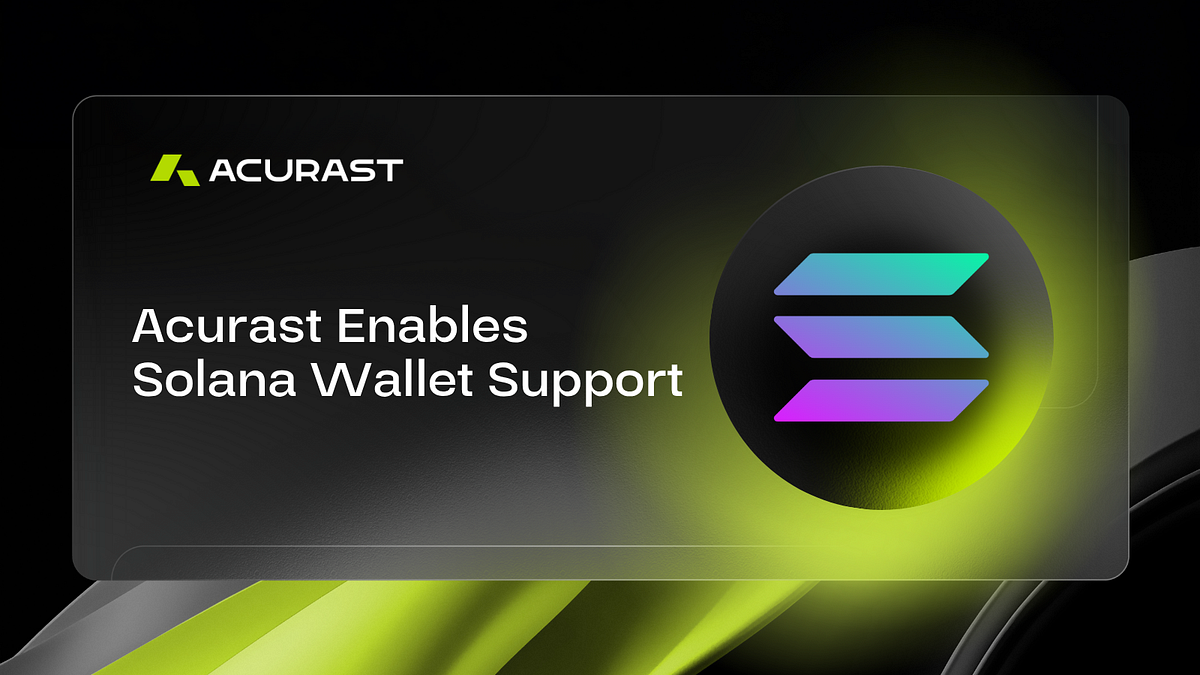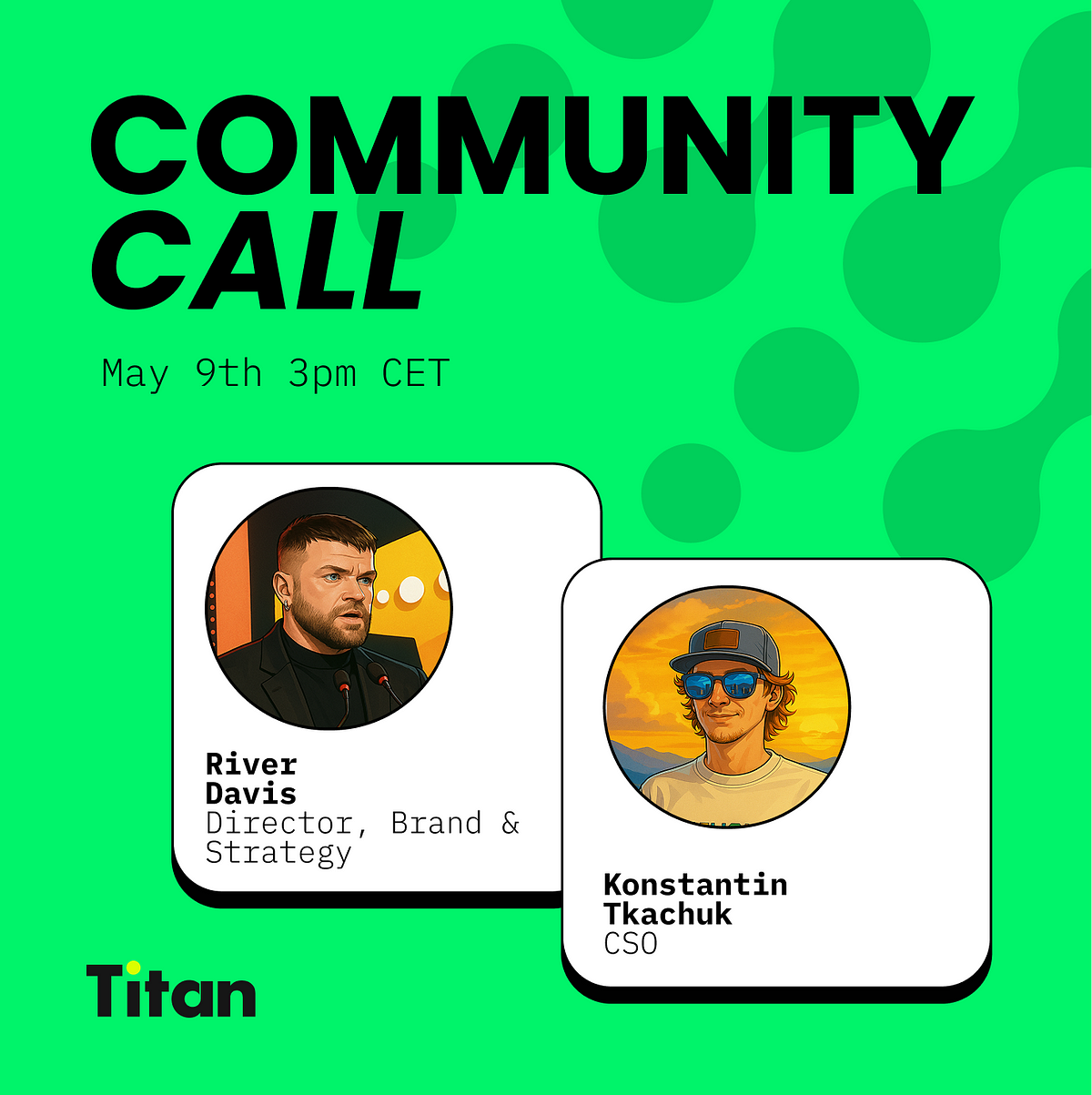Join Acurast's Ambassador Program: Shape the Future of Decentralized Cloud Technology

Acurast, a pioneering project in the Decentralized Physical Infrastructure Network (DePIN) space, is launching an initiative to expand its reach by recruiting 50 ambassadors. This move aims to enhance its decentralized cloud technology, which is designed specifically for the AI era. The program invites dynamic individuals to join the Cloud Rebellion, a movement focused on reshaping the future of cloud computing. As part of this initiative, ambassadors will play a crucial role in promoting Acurast’s mission and engaging with a global audience.
Ambassadors will have a variety of responsibilities, including creating content and organizing meetups to share knowledge and creativity. They will also be tasked with amplifying Acurast’s presence on social media, engaging with users, and fostering community discussions. This role not only allows ambassadors to represent an innovative project but also provides them with the opportunity to earn rewards in cACU tokens for their contributions. Additionally, they will receive exclusive perks such as branded merchandise and early access to new features, making their involvement both rewarding and exciting.
Acurast is looking for passionate community builders, creative marketers, and tech enthusiasts who are eager to drive decentralization forward. The program is designed for individuals who are excited about the potential of decentralized technology and want to make a meaningful impact. Interested candidates are encouraged to apply and take part in building a decentralized cloud that empowers users worldwide, marking a significant step towards the future of cloud technology in the AI era.
Related News





